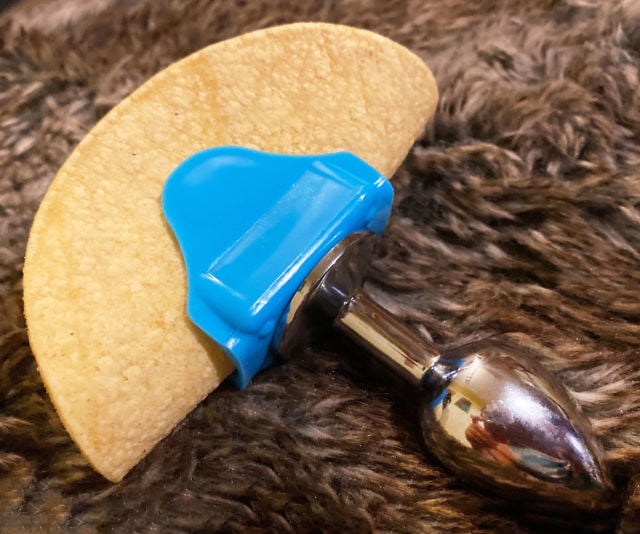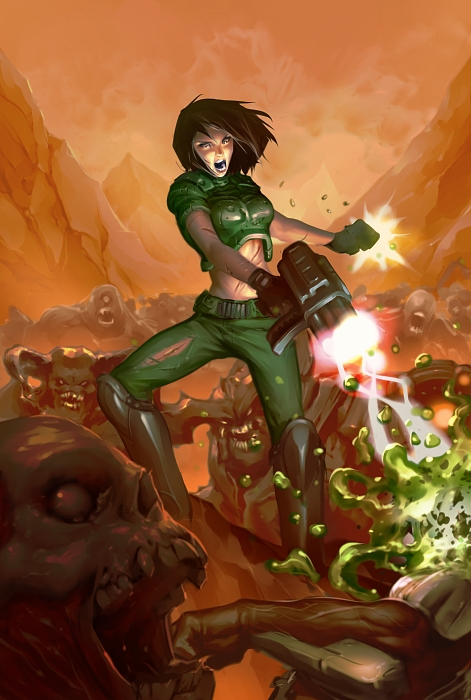- cross-posted to:
- globalnews@lemmy.zip
- science@beehaw.org
- cross-posted to:
- globalnews@lemmy.zip
- science@beehaw.org
“Those worst affected are those researching leukaemia, they have gathered samples from patients over as much as 30 years,” he added.
Fucking tragic, especially since I imagine many of the patients have died.
I interned with a hematologist who was incredibly excited to show me a slide of hairy cell leukemia, the one case he’d seen in his career (like 20 years by then). That was just a microscope slide, I can’t begin to imagine how bad the loss of research samples would be on someone.
If they know there’s a four day runway in a worst case scenario then someone should be scheduled to be in the lab at least for day four to check in the morning and evening. If the contents are that valuable then someone should be there. Just my operations experience backed opinion. Also curious if anything was documented so at least the data is preserved. So many ops questions for a prestigious facility.
Should, yes.
We lost a summer-long experiment back in the uni. Everyone knew someone should come in at least one time in an evening to check whether the mission-critical timer actually works. But no-one bothered to do it. Was a lot of head scratching before the heads of the experiment figured out why the data was all out of whack.
Wild that there wasn’t any sort of automated monitoring
There was, it failed.
Why wasn’t there a monitor for the monitor.
For reals though, don’t they usually split samples up to prevent just such an occurrence?
The failure was in supplying nitrogen to an array of 16 freezers. Unless samples were split and stored in different arrays without the same coolant source, they’d still have lost everything.
It would be easy enough to create multiple sample sets to be stored that way, but it’d add an extra variable researchers would need to account and test for in their work as well as reducing sample capacity by at least half. A place as mighty and prestigious as the Karolinska Institute probably has a ton of graduate researchers, too, and everybody knows those people just graduate and leave all their shit behind without clearing out old samples.
The whole thing is heartbreaking.
The front fell off
Ah, I missed that. Well that sucks
I assume there was, as modern freezers have built-in alarms, but I don’t see any mention in the article.
deleted by creator
Monetary value is the least of concern in this instance. You can’t buy new decades of samples
deleted by creator
This is the best summary I could come up with:
Research samples collected over decades at a Swedish medical university were destroyed when a freezer malfunctioned during the Christmas holidays, the institute has said.
The samples were stored in tanks cooled with liquid nitrogen, at a temperature of -190C, at Karolinska Institutet (KI) in Stockholm.
Matti Sällberg, dean of KI’s southern campus, said on Monday: “It happened at possibly the absolute worst time imaginable in Sweden, just one day before Christmas Eve.”
“Those worst affected are those researching leukaemia, they have gathered samples from patients over as much as 30 years,” he added.
An internal investigation has been launched at the university and despite there being no indication of sabotage, the incident has also been reported to police.
Sällberg said: “Currently there is no indication that it was due to outside influence but the police report was done to cover all bases.”
The original article contains 311 words, the summary contains 142 words. Saved 54%. I’m a bot and I’m open source!
A -190°C liquid nitrogen tank… how long did it take to boil off?
Freezer RAID with 3-2-1 method when?
In the other news: SDBM band Shining probably topped their charts at that moment.
‘Det där jävla fucking kylskåpet’, commented one of the researchers close to the subject.
(Suicidal Depressive Black Metal - “That damn fucking refrigerator”)








